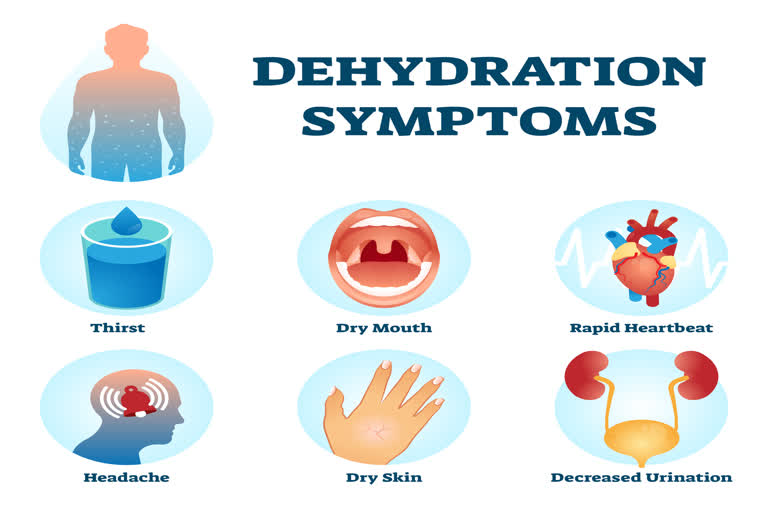Just like plants need water to be healthy and green, humans too need lots of water every day to keep their bodies working. Our body loses water in the form of sweat, urination, tears, etc. and if this lost water is not replaced by intake of more fluids, it can result in dehydration. In other words, if our water intake is lesser than what our body is losing, a person may be dehydrated. “Rate of loss of fluid from the body decides the severity and rapidity of development of dehydration,” says Dr. Sanjay K. Jain, MBBS, MD (Medicine), working with Apple Hospital, Indore.
He further informs that dehydration can happen due to various reasons, some of which include:
- Excess of vomiting
- Severe diarrhea
- Poor intake of fluid
- Suffering from a very high temperature (specifically for a long time)
But how will one know if they are dehydrated or their body needs more fluids? Here are some of the symptoms that may hint you to increase your water intake. Have a look!
Dehydration Symptoms
- Dry mouth and bad breathBad Breath
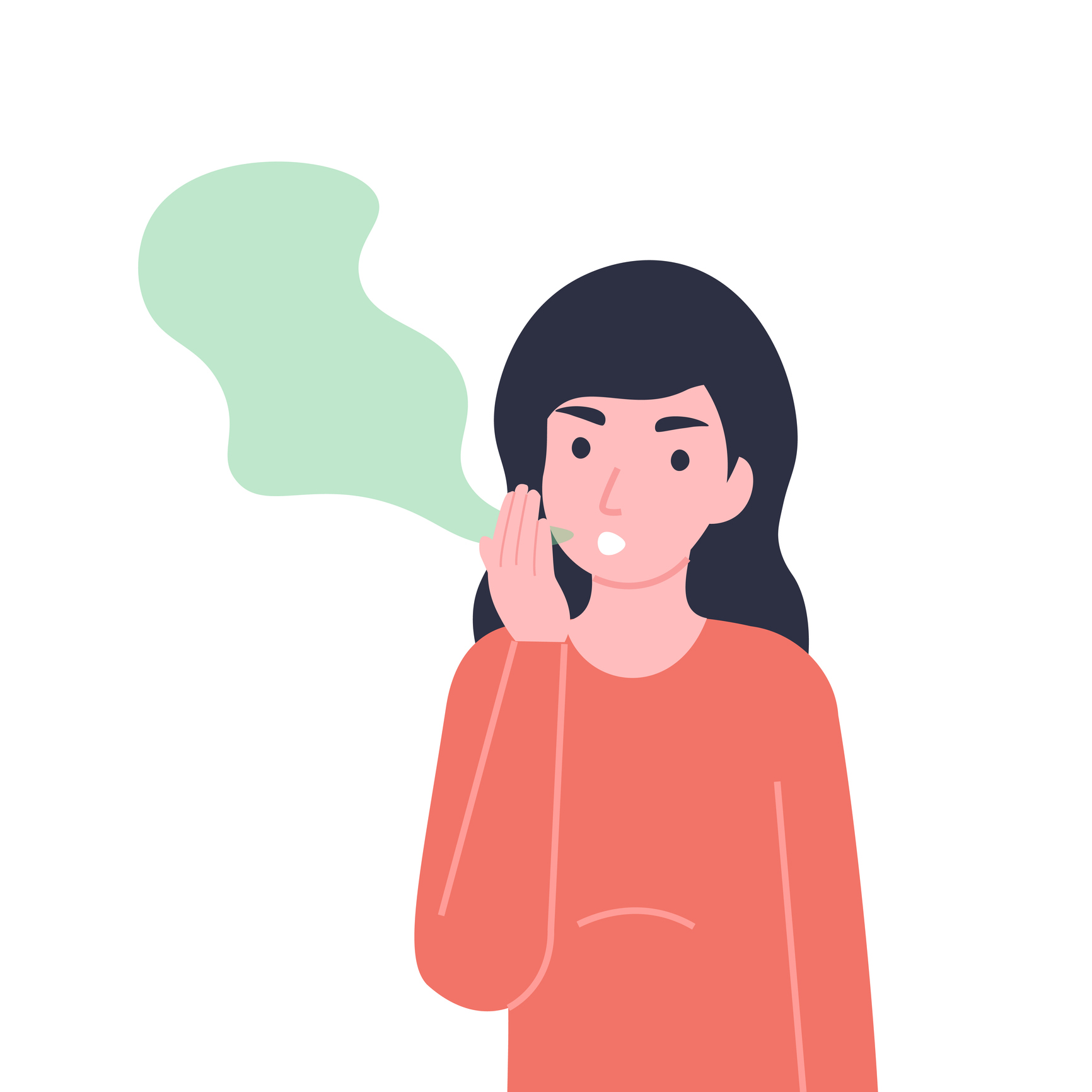
Less water intake can dry up your mouth and lessen saliva production, i.e. it affects the salivary glands too. Our saliva has antibacterial properties and since the saliva production is lessened, bacteria may thrive in the mouth resulting in bad breath. - Dry skinDry skin
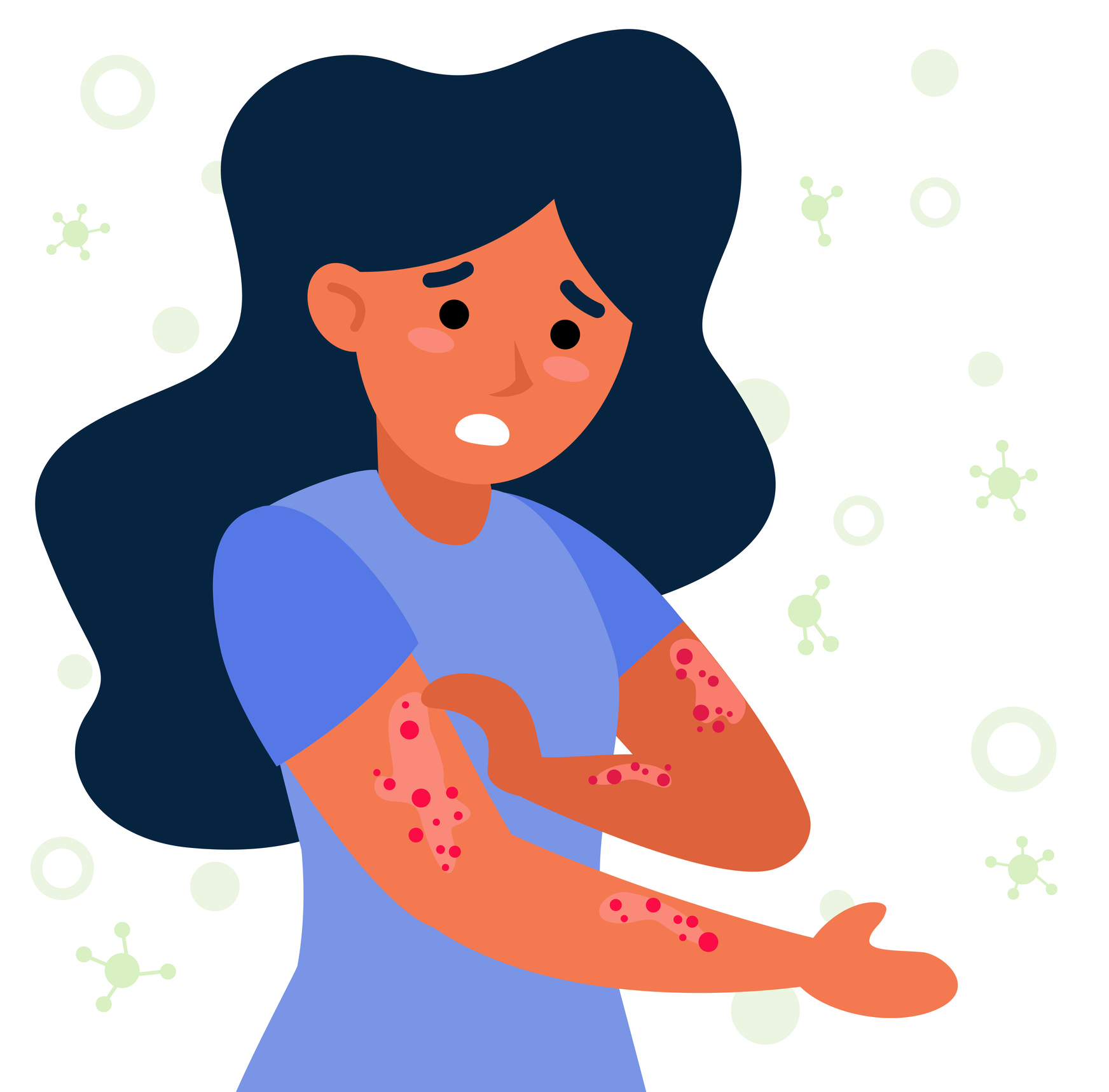
Not just your mouth, but your skin may get dry as well. Dehydrated skin feels tight, dull and your dark circles may appear even darker. Dry skin can also be itchy and cause irritation. Therefore, this is a prominent sign that you must increase your fluid intake immediately. - Tiredness and fatigueTiredness and fatigue

Apart from coffee, gulping down a glass of water can give you instant energy too. Dehydration may make it difficult for you to concentrate and make you feel lethargic. Also, higher quantities of caffeine can be harmful to health, therefore, intake of water every now and then is a better and healthier option. - Muscle CrampsMuscle Cramps
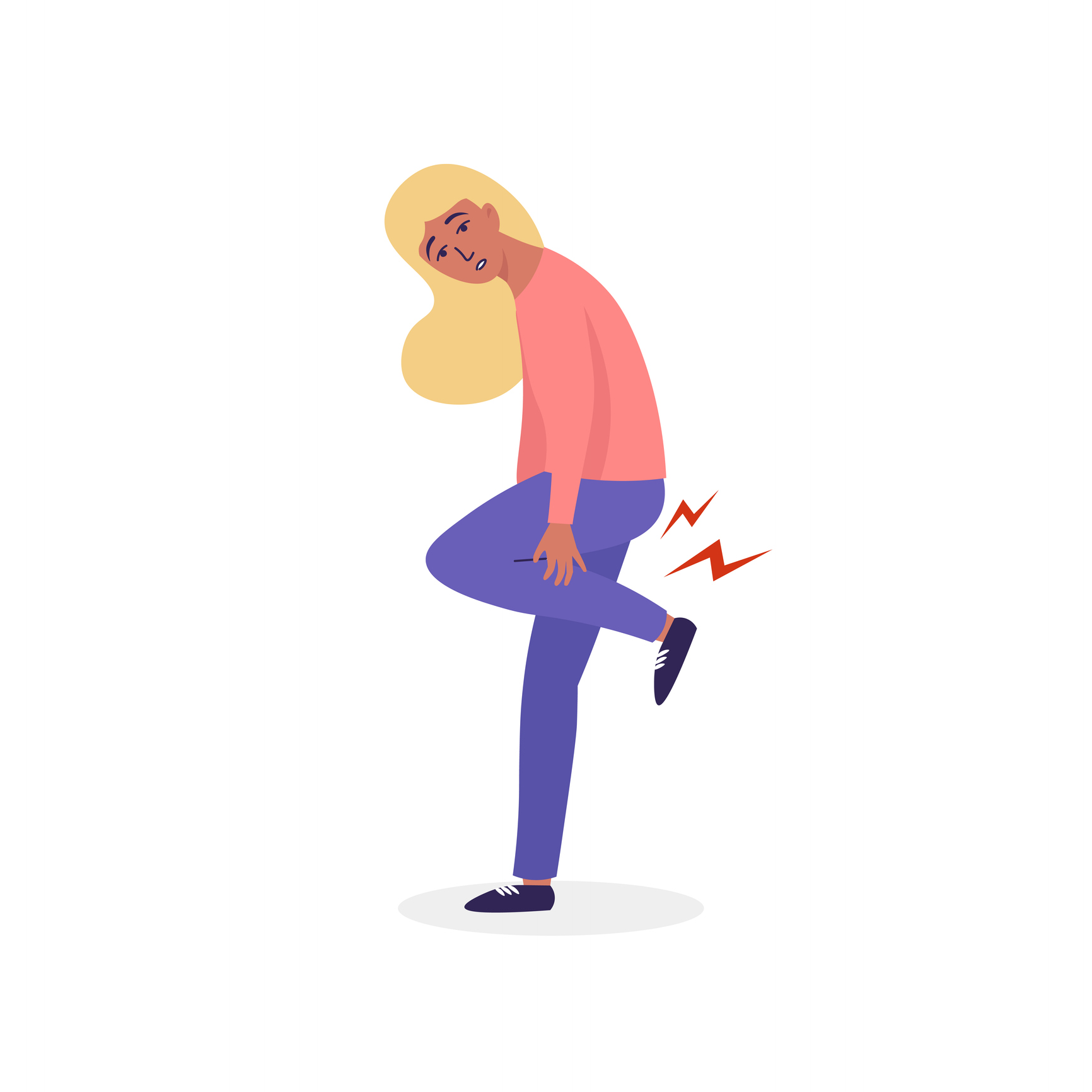
When our body does not get sufficient water, the blood circulation slows down, which can cause muscle cramps. Cramps can be painful and your muscles may feel tight. - Constipation
Some amounts of fluids are lost when one defecates. The fluids in our body are also responsible for keeping the waste moving through the large intestine. Dehydration can affect your bowel movements and make you constipated. Apart from this, lower fluid levels in the body can make stool hard and difficult to pass it. However, there can be other causes of constipation too such as lack of fiber in the diet, result of medications, etc. and water consumption cannot alone do the needful.Constipation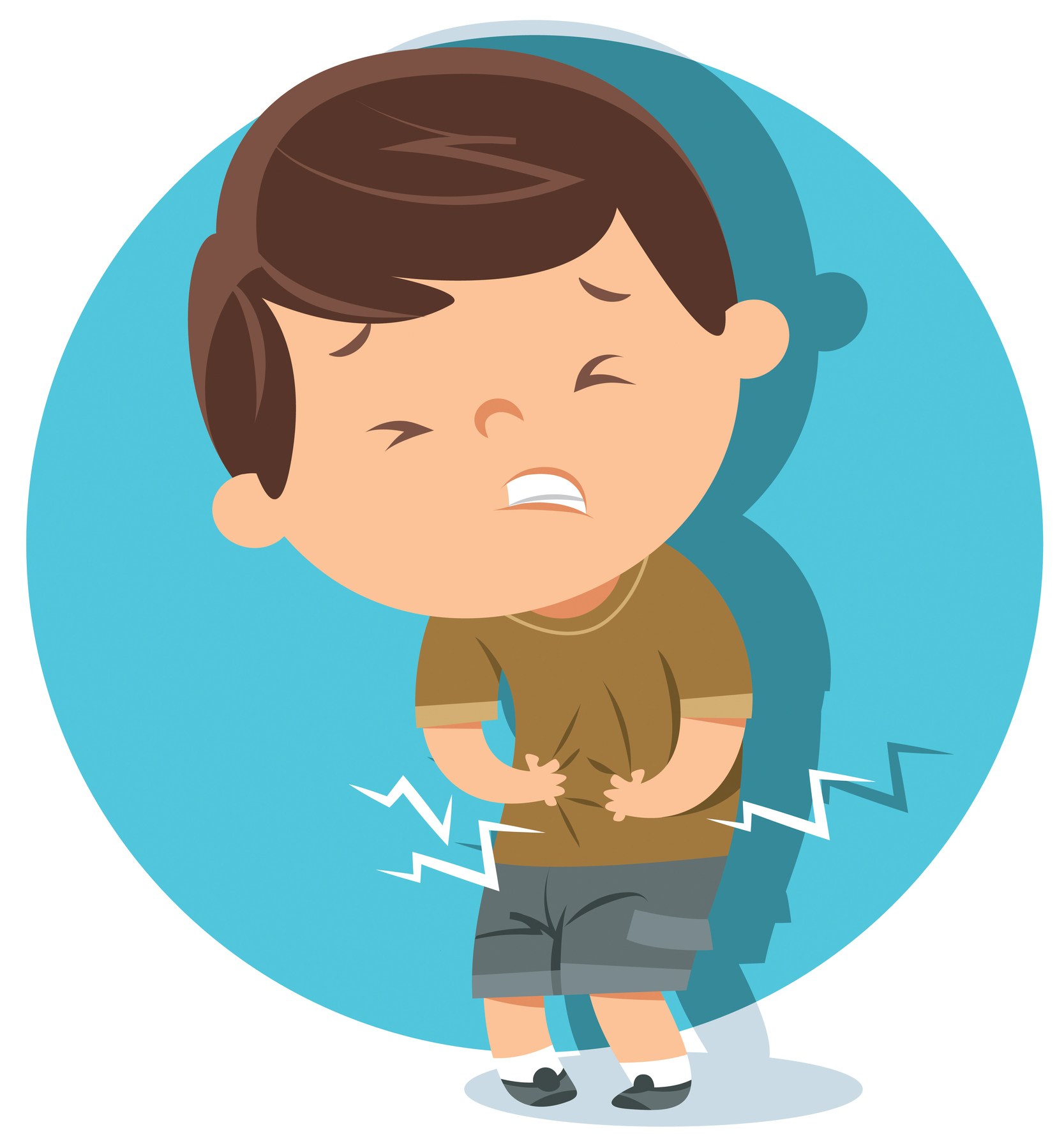
Other symptoms as mentioned by Dr. Jain include:
- Cold and clammy skin
- Loss of skin turgor
- Dry and sunken eyes
- Fall in blood pressure
- Increased heart-rate
- Infrequent urination
- Urine dark in color
- Dizziness
- Increased thirst, etc.
Dealing With Dehydration
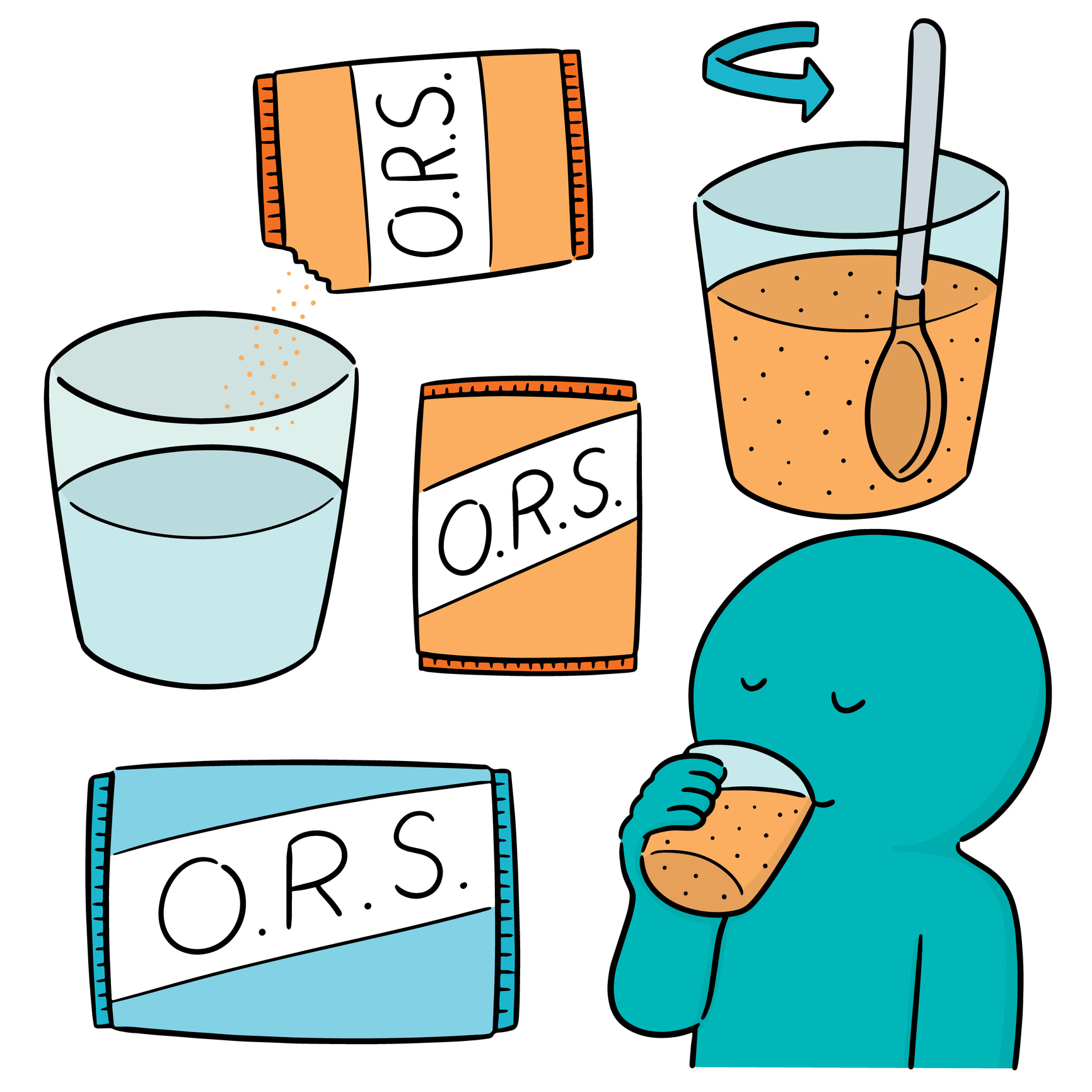
Dr. Jain says that if a person is having only diarrhea, without any vomiting, he or she can deal with it at home also. Increase the water intake and it is suggested to consume Oral Rehydration Fluid (ORS), which is easily available at any medical shop in the form of powder for preparation or in the form of liquids in different flavors. But, one needs to ensure that it is prepared according to the World Health Organization’s recommendation only. If ORS is not available, you can prepare the solution at home as well. Here is how it can be done:
- Take 1 liter of clean drinking water
- Add 6 tsp fulls of sugar
- Add ½ tsp of salt
- Mix it till the sugar dissolves completely.
Boiled and cooled water is generally recommended. Also, too much sugar can make diarrhea worse or too much salt can be harmful. Take fluids like ORS, coconut water, buttermilk, etc. every ½ - 1 hour. The average Intake of fluids is 2.5 liters a day at a normal temperature. However, if the temperature outside is high, intake can be increased to around 3 liters and if the temperature is low, it can be reduced to 2 liters as well.
